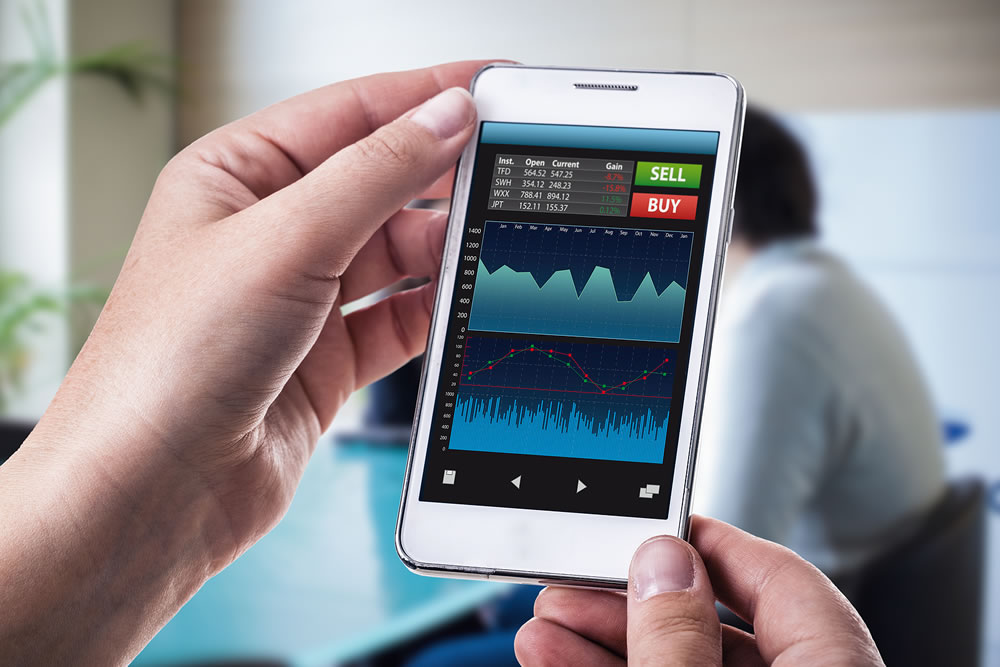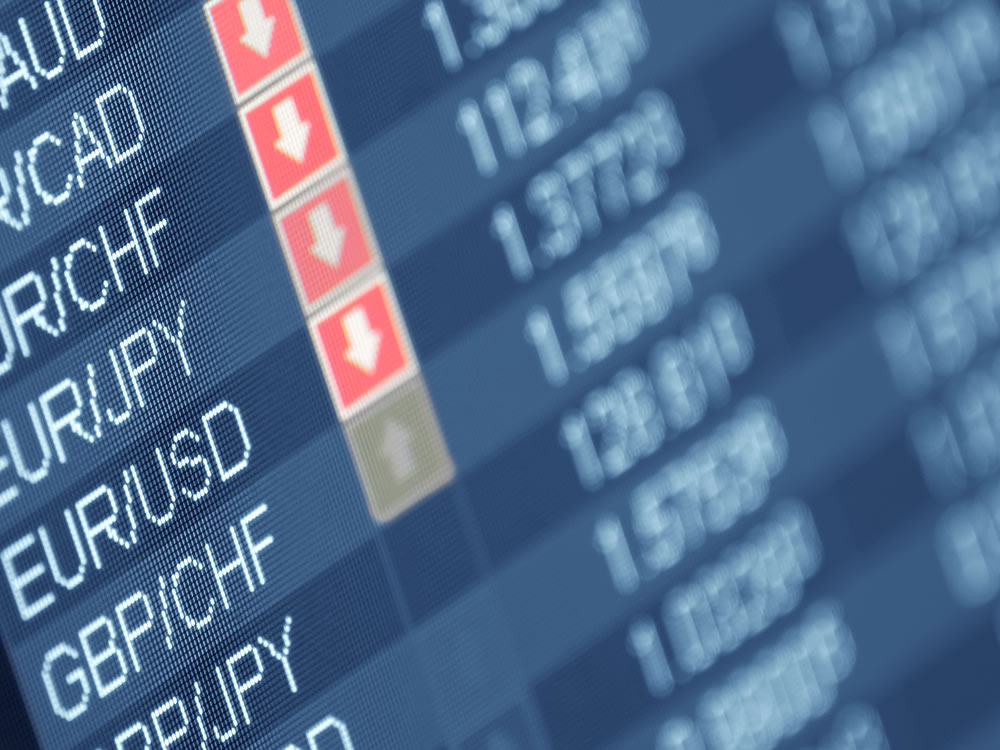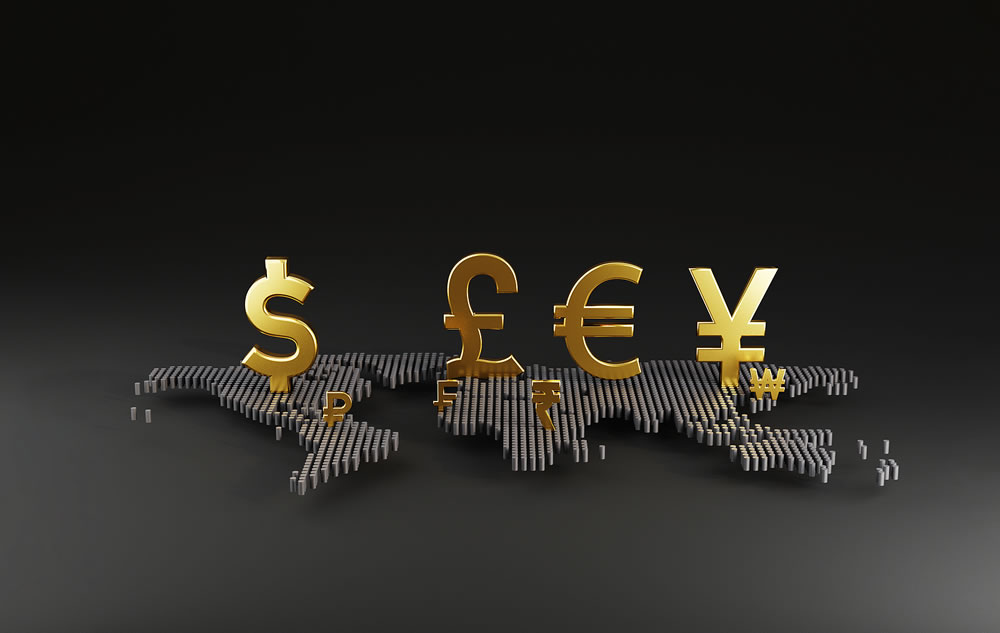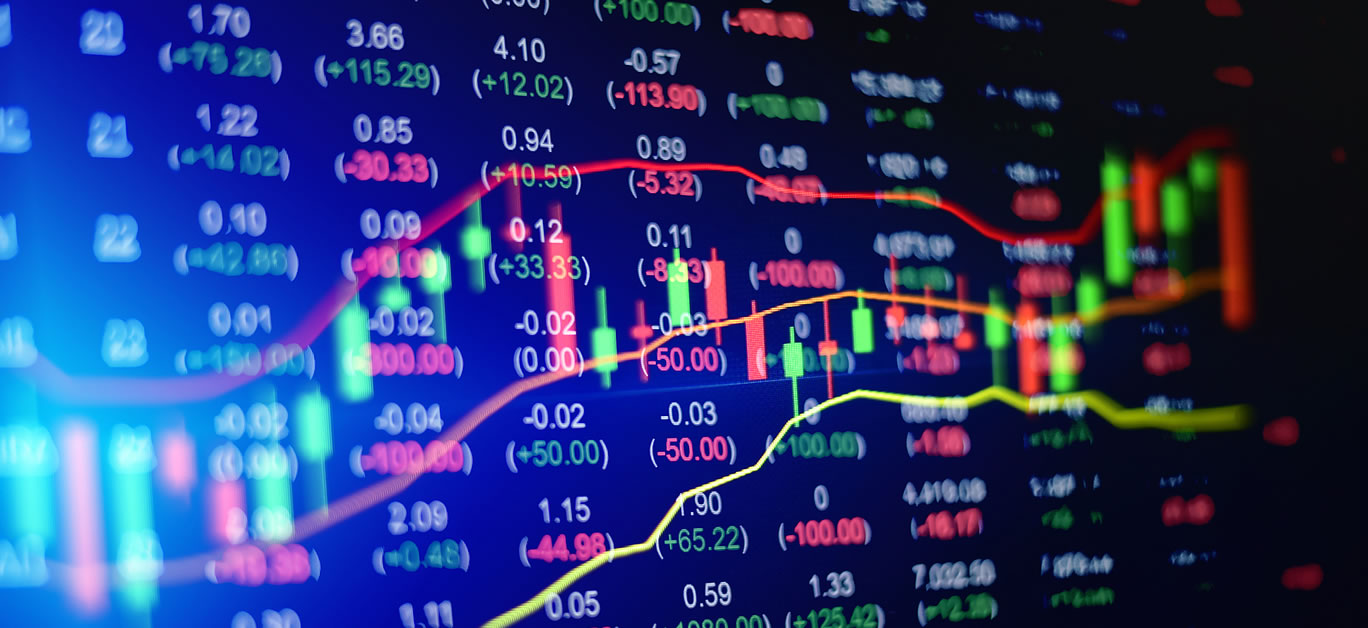Whether you’re a curious individual looking to start a new trading hobby, or you see forex as a genuine avenue into generating some extra cash, it’s never been easier to begin your trading career without employing expensive brokers, software, or specialist management.
With access to helpful resources readily available online, more people are beginning to dip their toe in the foreign exchange market. Indeed, if you’re reading this article, it seems that you, too, are considering the merits of venturing into the world of forex trading, but it is important to understand the risks as well.
Read on for our step by step beginner’s guide to the foreign exchange market.
1. Preparation is key
Let’s start with the most important tip, and that is to simply say that there is no shortcut to success. While trading forex is more accessible than ever, and more and more casual traders are engaged in the market, it is still no joke – and there’s a reason that the majority of rookie traders do not generate a return on their investment.
Before beginning to trade, you should ensure that you have a robust understanding of forex trading principles, how the forex market works, adopt a strategy, set yourself key and measurable entry and exit points for personal security, and commit to an appropriate amount of trading capital.
The best, most efficient, and successful rookie traders commit fully to a tried and tested strategy, investing the right amount of funds in the right places, while following risk management to work the market for success.
Trading strategies do not have to be complicated or particularly sophisticated to turn a profit. In fact, the majority of consistently successful approaches are the simplest. If you haven’t already, check out our recent article outlining four very easy strategies to follow for beginners.

2. Get your setup sorted
It may sound simple, but the most successful traders leave nothing to chance.
If you have a ropey or inconsistent internet connection, tech problems, battery shortages, or any combination of the above, it can wreak havoc on your ability to trade effectively – and potentially cost you your entire investment package.
At the bare minimum, you’ll need a reliable device – whether it be personal computer, laptop, tablet or smartphone – that can run software to trade through an online broker, with a trusty internet connection that you can have faith in when enacting your trades.
If your internet gives way in the middle of your trading, you could find yourself down on your luck when you reconnect if the market is in a period of volatility.
It is possible for the market to go against your trading position during this period when you a offline, so you must have a stable internet connection, and a backup, while trading the markets.
3. Choose your online broker and open a demo account, take it for a spin
If you’re trading in the UK, the first thing to do is ensure that you are trading with a broker regulated by the Financial Conduct Authority (FCA).
The FCA is the UK’s regulatory body that regulated forex brokers, and any brokers with FCA regulation are required to adhere to a set of standards and behaviours designed to protect investors and their funds from any foul play.
Safe Forex Brokers UK explains that there are major risks for traders when trading with unregulated and offshore brokers. If you do not select a regulated broker, you lack the investor protection that the FCA provides, and your funds could be at risk. Unregulated CFD brokers do not have to follow the guidelines set by regulators for investor safety, and they can also offer very high leverage as they don’t have to follow the leverage restrictions, which makes such brokers very risky for traders.

Also, you would not be protected by the Financial Services Compensation Scheme, if the broker goes out of business.
There’s more to it than regulation alone when selecting a broker, though, and other considerations include fees associated with the service, quality of customer support, minimum deposit amounts, and which trading platforms are on offer with each broker.
There is no one-size-fits-all approach to selecting a broker, but doing your research will lead you to a decision that best suits your trading needs.
In addition, a lot of brokers offer a demo trading platform, allowing you to try on their brokerage and trading software before committing to the real thing. This not only gives you peace of mind from a usability perspective, but also offers the opportunity to test out some of your preferred strategies before putting real money into any trade.
4. Open a trading account and deposit funds
Once you know which broker you are going to work with, it’s time to take the plunge and open an account.
Most online brokers accept a range of payment options, including bank transfer, debit card payment, or third-party payments like PayPal. Decide the amount you’re wishing to risk into the market to get started and you can then deposit with your broker using your preferred payment method.
5. Download a forex trading platform
To place actual trades in the forex market, you’ll need to use a forex trading platform.
A number of the larger and better-known online brokers offer their own proprietary platforms, but you may also want to consider the merits of using popular third-party trading platforms like MetaTrader – which is compatible with a great deal of online brokers.

6. Begin trading
Once you’ve researched the market, armed yourself with your favoured and tested trading strategies and opened account with a brokerage, there’s really nothing left to do but to actually place your trading orders.
Do your research, and decide on which currency pairs you want to trade.
7. Avoid leveraged trading
Forex brokers in the UK can offer 1:30 leverage on forex trading. This means that you can place a trade of $30 with $1 deposit. But this is very risky.
Most of the traders lose when they use high leverage. Leverage can magnify your losses. If you are trading with 1:30 leverage, then you can lose your entire trading capital if the market goes against you by just 3.33%.
So you must never use excessive leverage on your traders.
Understand that forex trading is risky
Forex trading is risky so traders must be careful and not risk any money that you cannot afford to lose. Remember that as high as 85% of the retail traders lose money. There is no guarantee of profits with forex trading and CFDs.
Disclaimer: Investing money carries risk, do so at your own risk and we advise people to never invest more money than they can afford to lose and to seek professional advice before doing so.






















